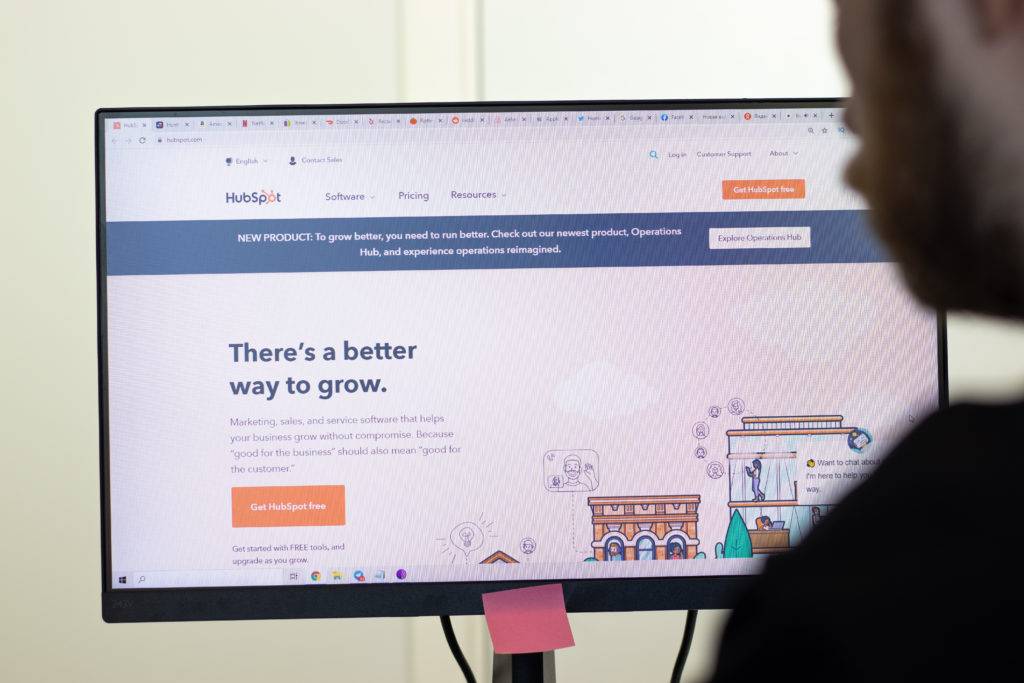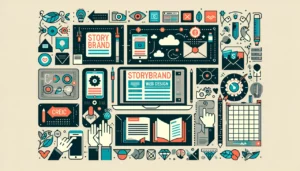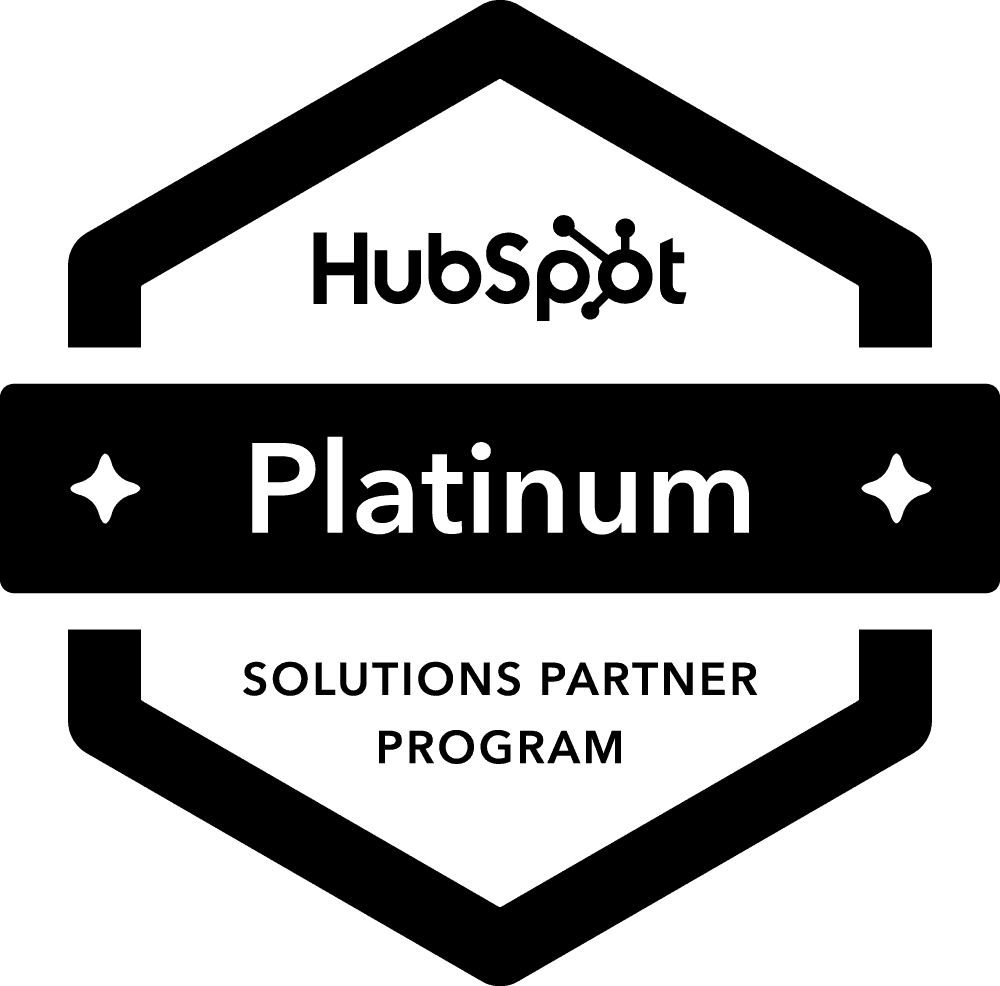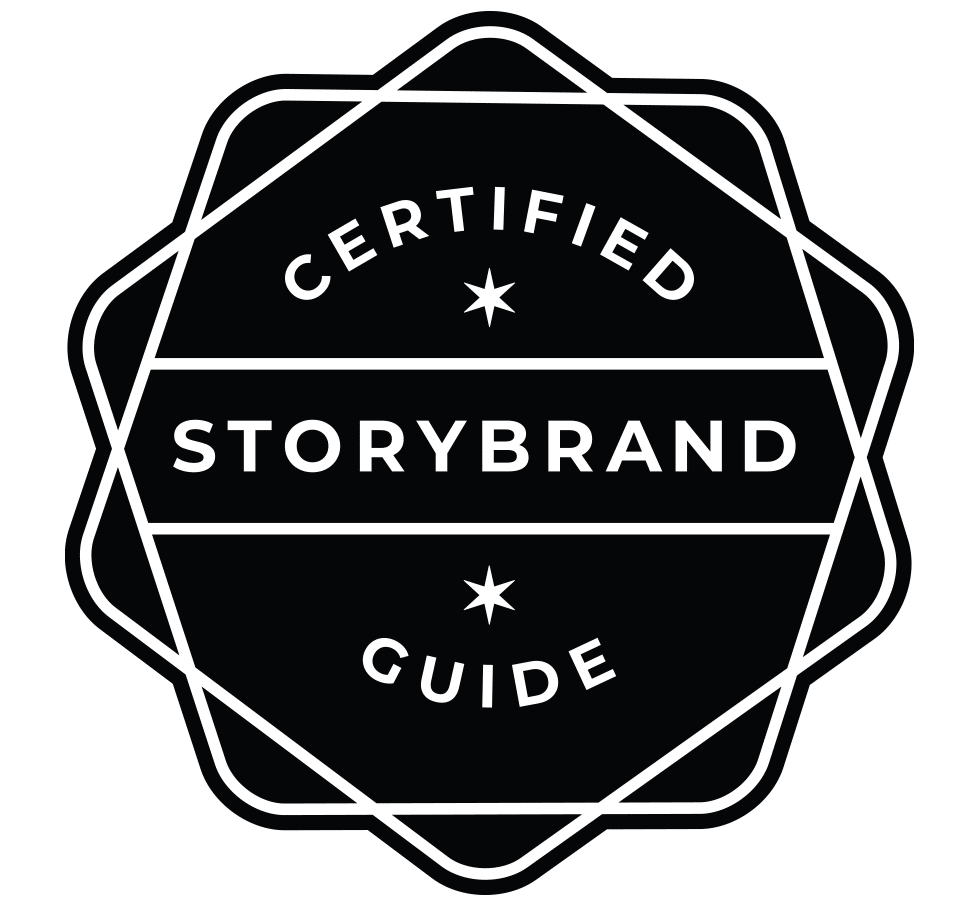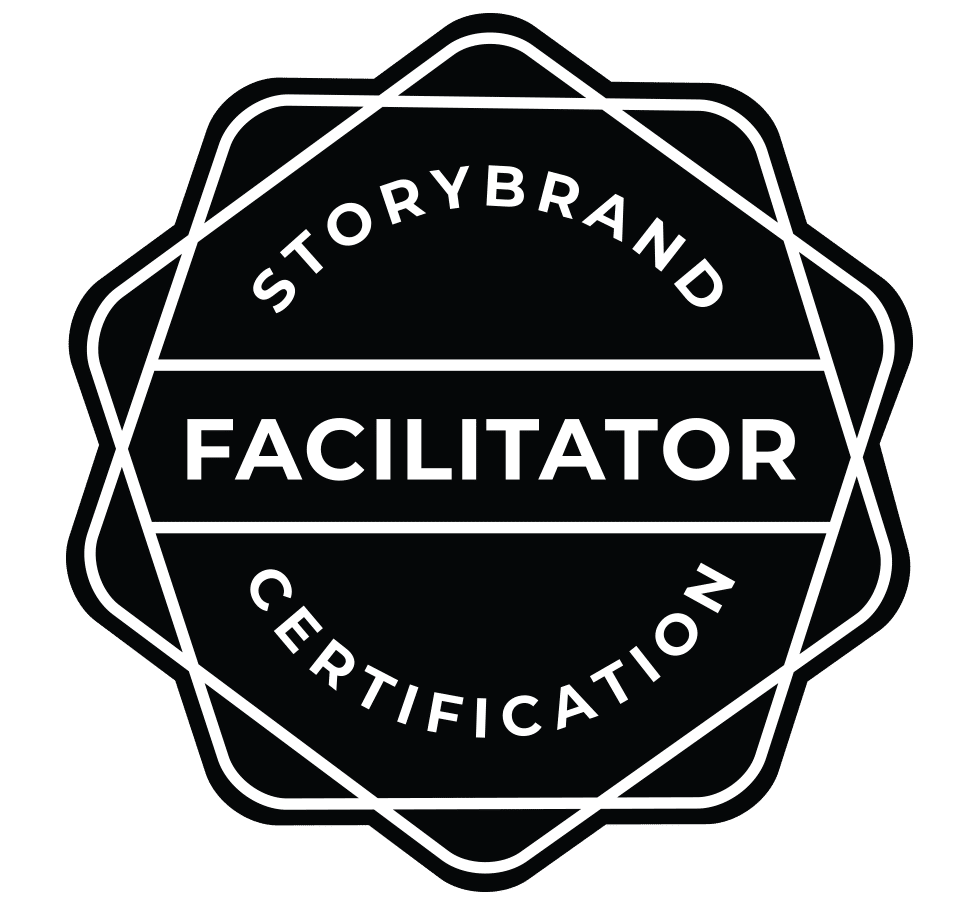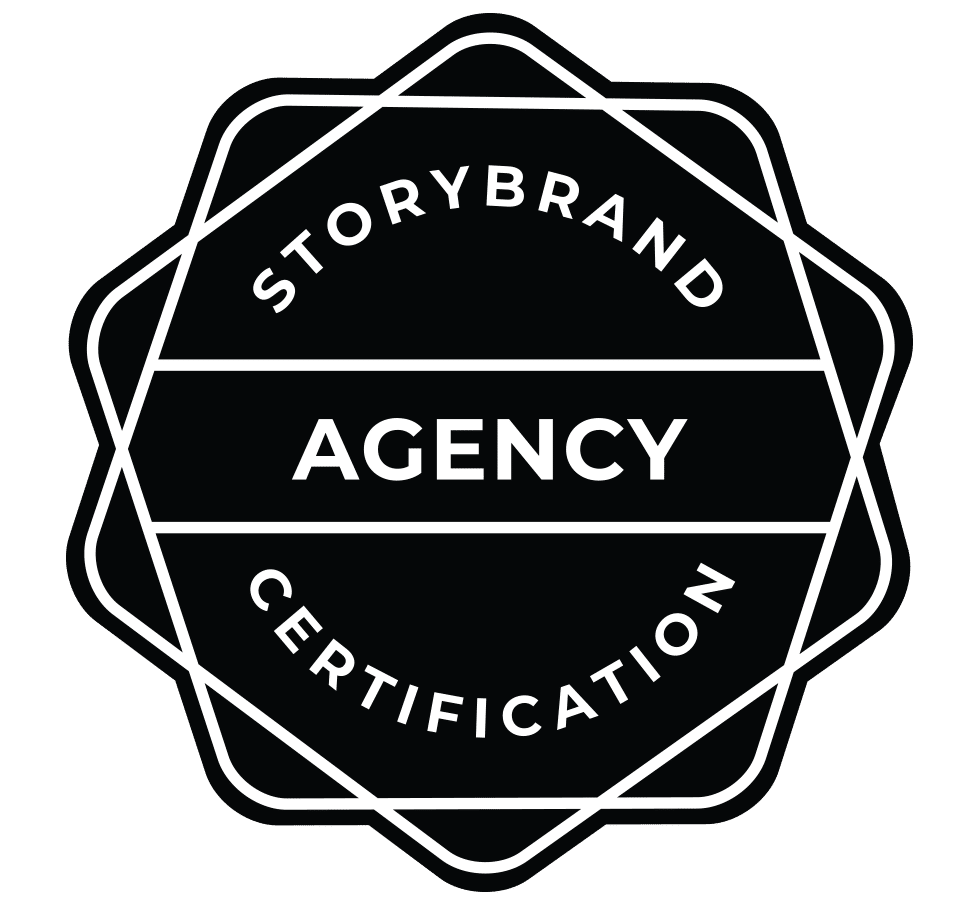Effectively achieving your business goals requires tracking them to see that your progress means something. Translating metrics and dimensions into actionable insights allows you to maintain greater consistency with your marketing, which also keeps your brand in front of your ideal audiences.
With a customer relationship management system (CRM), you can track your customer engagement through each step of their buyer’s journey and create unique touch points that resonate. Without one in your digital toolkit, you could miss out on valuable opportunities to convert leads and drive revenue for your business.
When discussing CRMs, there are generally two leaders: Salesforce and HubSpot. While some of their features could appear similar on the surface, there are multiple key differences between them.
As you can tell by the title of this blog, we’re big fans of HubSpot at Business Builders. While it’s ultimately your choice between these two or another option, here are some of the reasons why we pick HubSpot over the others.
But first, let’s discuss what HubSpot is and how it operates:
What Is HubSpot?
HubSpot is a CRM tool that’s packed with features to streamline your marketing operations, like scheduling social posts, writing and sending out emails, scheduling appointments, and tracking leads.
Instead of managing endless software applications for different aspects of your marketing, HubSpot provides everything you need in a single platform that’s continuously updated. If a new marketing channel or tactic becomes popular, you can be sure that HubSpot either already has a solution available or is actively working on creating one.
If you’re not ready to invest in HubSpot’s advanced features right away, they also offer a free version that you can use to ease into it. Getting started with a new tool can be overwhelming, so they offer a wide range of content resources to help you master the platform. They even provide guidance on integrating it with other software you use for your business so you can get started with confidence.
What Is Salesforce?
Salesforce is a cloud-based software solution that focuses on helping salespeople discover prospects, close deals, and provide incredible service to their customers. It serves as a digital home for online and in-person sales that you can use to track your progress and see what is driving the most revenue for your business.
Salesforce is considered one of the most widely used CRM and marketing automation tools in the world. With multiple pricing options and a variety of ways to streamline your sales processes, you can engage with customers along their journey with the goal of converting more leads into actual buyers.
One of the biggest drawbacks of Salesforce is that it houses all of its features in a rather complex interface. To unlock its full potential, you’ll need to spend more time onboarding your team and training them to use the software, after which they may still need to educate themselves further to master it.
If We Could Only Pick One, We’d Pick HubSpot
Like any software, both HubSpot and Salesforce have their own sets of pros and cons. However, if we could only choose one of these CRM solutions, we’d undoubtedly select HubSpot. Here’s why:
Ease of Use
HubSpot invests heavily in its user experience. The user interface, navigation, and the marketing tools are all simple to use and HubSpot’s resource library provides plenty of tutorials and tips to help you generate the most value from your investment.
Another benefit that HubSpot offers is device-agnostic operability. Whether you are working on a computer, tablet, or smartphone, you can access your account in the moment and use its features when you need them most.
Range of Features
Think of HubSpot as a marketing platform with a high-quality CRM as part of its overall ecosystem. The tools that HubSpot equips you with can be used to create impactful marketing moments for your customers. With HubSpot, you can automate much of your marketing processes, like lead generation and social media posting.
Not Just B2B
Salesforce primarily caters to B2B companies that drive revenue by establishing professional relationships with other businesses. If you’re looking to reach consumers and convert them into your own customers, a solution like Salesforce may feel somewhat incomplete in what it can offer you.
HubSpot’s platform features a universal design that allows for more personalization to your specific business needs. Whether you own a manufacturing company seeking to find new distributors in a specific geographic area or a restaurant and want to increase reservations on weekends, you can utilize HubSpot effectively to suit your goals.
Scalable Pricing Model
With HubSpot, you can use their free version with limited features or continue to scale upwards as your business grows and needs evolve. You can create a plan that suits your current desired budget and increase it later if you decide that you want to invest more into your marketing.
Is HubSpot Right for You?
If you want a solution that combines your CRM and other marketing operations into a single solution with a user-friendly interface, you can’t go wrong with HubSpot. From small businesses to professional marketing agencies like ours, there are countless users that rely on its performance features on a daily basis to track and measure results.
When you’re running your business, you may find that you don’t have the time to create marketing strategies on a consistent, ongoing basis. That’s where we come in.
At Business Builders, we merge our team’s expertise with HubSpot and a select suite of other high-performing tools to drive results for your business. If you’re looking to take your marketing further, schedule a call with us today to learn more about how we can help you.

